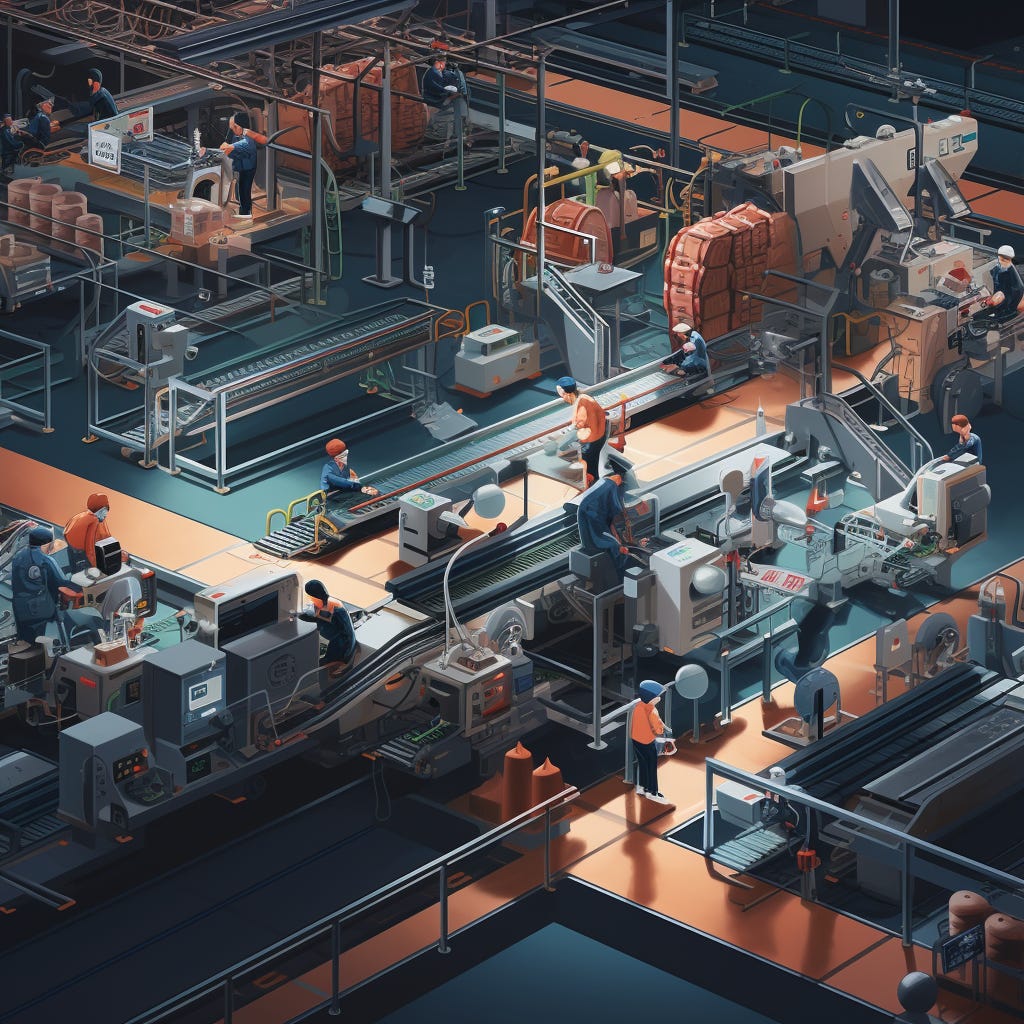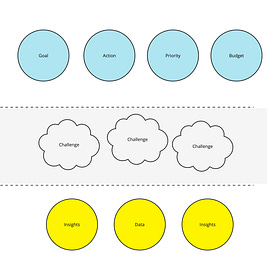If speed is so important, why do most companies go so slow?
I have concluded that it boils down to one (or all) of these problems:
They go fast to survive (and then go slow)
Gluttony—things go too well, and then don’t
A mental model mismatch
Survival
It is easy to judge from the side, but if you are caught between your company dying and surviving, you will do whatever it takes to survive.
There is no time for finesse—you ship to close the deal, make the quarter, or make the forecast. Anyone who argues otherwise probably hasn't been in this position or hasn't had much at stake (they get their salary regardless).
Of course, the definition of "survival" can be debated." We have to close [Big Logo]" is not a survival situation unless Big Logo can pay the bills for your startup for a year. Hitting imaginary deadlines is not a survival situation—most deadlines are artificial constructs. A survival situation is "we will not make payroll next month," "our investors will lose complete confidence," or "a key competitor will render us inconsequential immediately."
Some companies manage to survive, then figure out how to thrive in the future. Many do not. They're never able to recover fully.
Gluttony
Next, we have a variation/reversal of the survival situation—gluttony, not survival.
Imagine your company is doing amazing as a sales-led company. Build fast = more features = more customers. You add more and more customers by building more and more features. New features = New Revenue, so you do the minimal amount of work required to "weed the garden," so to speak.
The momentum can be intoxicating. But eventually, it comes back to haunt you. You could argue that this is a mental model mismatch, but I have observed people who are very well aware of the mental model implications who get carried away in the moment.
A big point here is that many companies who seem to keep moving quickly have figured out a way to align 1) quality, 2) customer value, and 3) sustainable velocity. The business model ALLOWS it. Products that encourage teams to ship minimal features and iterate (without immediate revenue implications) tend to prioritize speed over time. Companies focusing on PLG, for example, can't survive without figuring out a sustainable pace.
Don’t underestimate the impact of success and inertia.
Mental Models
Finally, A lot of people have warped mental models of software product development.
They include:
Manufacturing. Create a prototype, then manufacture. Check the finished product for defects. Handoff work for distribution.
Construction. Start with a blueprint and put the pieces together based on that blueprint.
Once and Done. The job is done when the thing has shipped.
Add More Features. Just keep adding features.
Fast, Cheap, Good: Pick Two. You can only ever optimize two out of three aspects: speed, cost, and quality.
Individual Tasks. Distribute individual tasks, and people complete tasks.
Product development is iterative, collaborative, flexible, and persistent. Metaphors like: farms/gardens, expeditions, evolving an ecosystem, opera, art form, an orchestra, theater, navigating a ship, services like restaurants and amusement parks, evolving a language, etc., are a better fit.
Why does this matter? Until these mental models click, you will likely get slower in the long run. Your product will become bloated, debt will accumulate, passionate team members will leave, and things will generally start to drag.
The problem is that mental models can't be taught. Principles can’t be taught. You can rationally understand the above, but it doesn't get internalized until you experience bad and good mental models in action. The leaders I know who DO get it tend to have learned the hard way, and then have been stubborn shits when they (luckily) had a chance to try again.
John, logic will never prevail here. I’ve tried. I finally got into a role where I could create most of the rules, and I showed people what was possible. What drove me was seeing how terrible things can go.
OK. Hit my time-box.
I was inspired the last 7 days, and also sent you:
and
Apologies if this is too much content for the week.









This is great amount of content for my week this week, I've read every single one!
No worries John, keep'em coming!